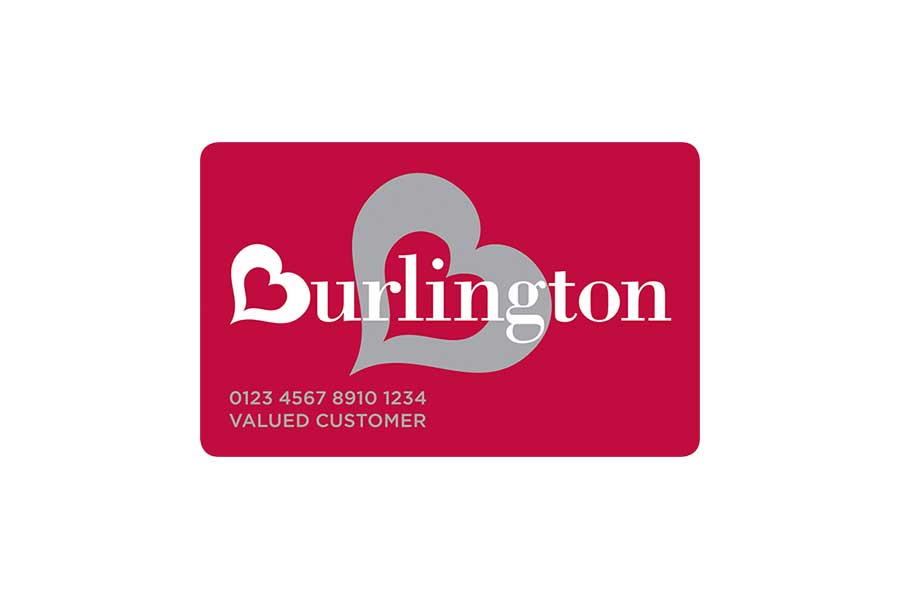The Burlington credit card offers exclusive savings and promotional financing for frequent shoppers. While this store-branded card can be a convenient option, approval depends on more than just your credit score. Lenders evaluate various factors, including income, existing debts, and overall financial stability.
If you’re planning to apply, it’s important to review your credit profile and strengthen any areas that may impact your approval chances. Taking proactive steps can help you secure better terms and improve your likelihood of getting approved.

Credit Score Requirements for a Burlington Credit Card
A credit score of at least 630 is typically recommended for a Burlington credit card. This falls within the fair credit range, meaning approval is possible, but not guaranteed. Having a higher score may increase your chances and could lead to more favorable account terms.
Beyond your credit score, Burlington’s issuing bank will also review your credit history, payment habits, and debt-to-income ratio. Keeping balances low, making timely payments, and limiting recent credit applications can all contribute to a stronger financial profile before you apply.
Strategies for Increasing Your Chances of Burlington Credit Card Approval
Review Your Credit Reports and Scores
Before applying for a Burlington credit card, it’s essential to know your credit scores and review your credit reports. This will help you identify any errors or negative items that may hinder your chances of approval. You can request a free copy of your credit report from each of the three major credit bureaus – Equifax, Experian, and TransUnion – once every 12 months at AnnualCreditReport.com.
Maintain a Strong Credit History
Credit card issuers look for a solid credit history that demonstrates responsible borrowing habits. Make sure you consistently pay your bills on time, maintain a mix of different types of credit, and avoid opening too many new credit accounts at once.
Keep Your Credit Utilization Low
Low credit utilization, which is the percentage of your total available credit that you’re using, is an essential factor in determining your credit score. Aim to keep your credit utilization below 30% to show lenders that you’re not overextended and can manage your credit responsibly.
Limit Credit Inquiries
Applying for multiple credit accounts in a short period can raise red flags for lenders, as it may indicate financial distress. When you apply for credit, a “hard inquiry” is recorded on your credit report. Limit the number of hard inquiries to avoid harming your credit score.
Consult with Credit Repair Professionals
If you need assistance improving your credit score, consider working with a reputable credit repair company like Credit Saint. They can help you dispute and potentially remove negative items from your credit report, such as late payments, collections, charge-offs, foreclosures, repossessions, and bankruptcies.
To explore how they can help, visit their website for a free credit consultation.
Final Thoughts
Getting approved for a Burlington credit card requires more than just meeting the minimum credit score. Lenders consider multiple aspects of your financial health, including your debt obligations and payment history. Improving your credit by maintaining low balances, paying bills on time, and addressing any negative marks on your report can make a difference.



